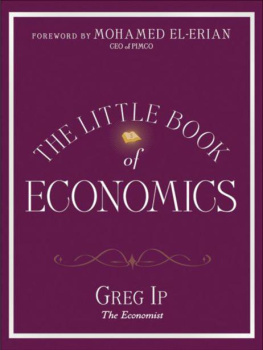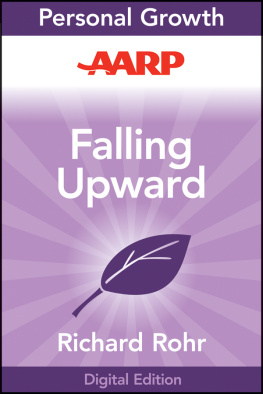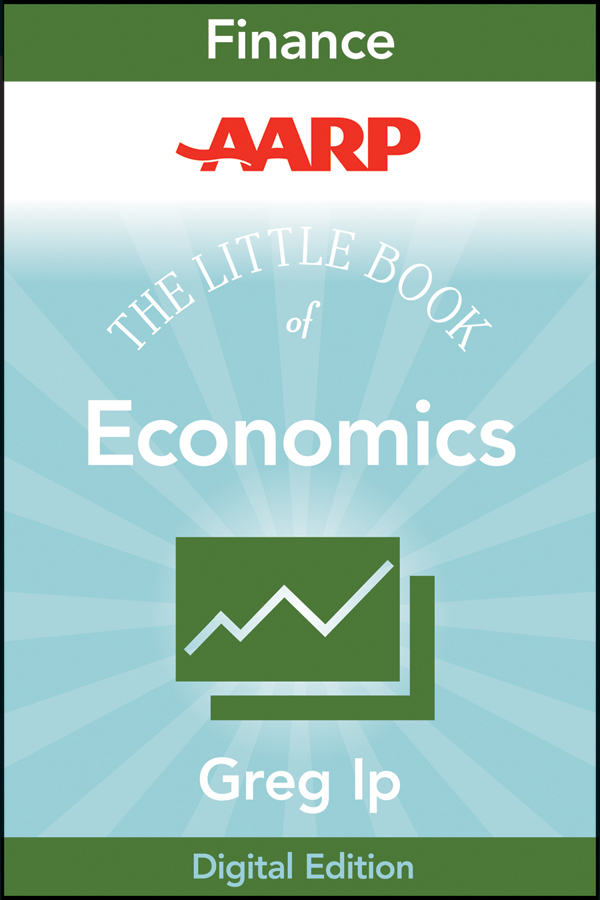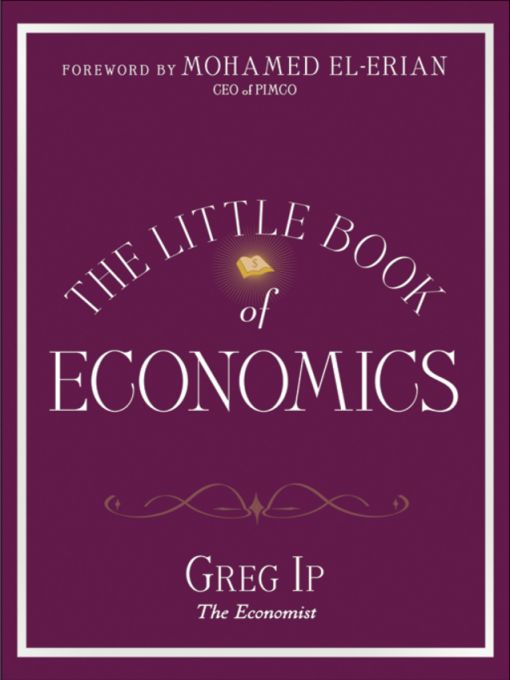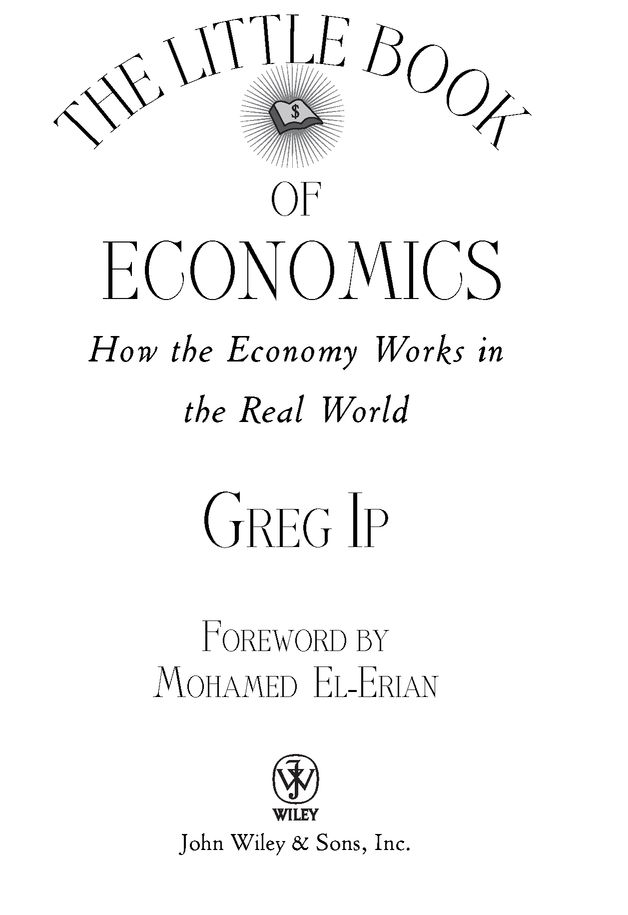Maybe youre thinking its time to review your investment strategy and make the most of the money you have today. Maybe youve already built a financially successful retirement egg and want to protect what youve built. Or maybe you need to bulk up your earnings to ensure your familys future.
Welcome to money for grown-ups. Where do you turn for credible information?
Dedicated to helping you protect your assets, stretch your dollars, and bolster your longterm security, AARP can offer you powerful solutions. Whatever your strategy for managing money, weve got suggestions that will help from saving money on that next big purchase to planning your charitable giving. If youre taking your job to the next level or building up a second career, weve got strategies that will help you make your mark.
You may think your money or your financial advisor should be working harder for you. You may be watching market trends and seeing new opportunities. And, of course, you want to protect yourself and your loved ones from scams and data breaches. We can give you the support you need.
And turn to us for fun, too. (Is it time for that car, that trip, that weekend home youve always wanted?) Because that, too, is what this time of your life is about.

AARP is a nonprofit, nonpartisan membership organization that helps people
50 and older improve their lives. For more than 50 years, AARP has been serving
our members and society by creating positive social change. AARPs mission
is to enhance the quality of life for all as we age; lead positive social change;
and deliver value to members through information, service and advocacy. This
information in this book is for educational purposes and does not constitute
financial advice.
Table of Contents
Additional Praise forThe Little Book of Economics
Greg Ip has the rare talent of making even the toughest topics easy to understand. In The Little of Book of Economics, he tells you what you need to know with superb clarity and memorable examples. I recommend this book to anyone who wants a clear explanation of how the forces of economics shape the world.
Michael J. Mauboussin, Chief Investment Strategist,
Legg Mason Capital Management;
Author of Think Twice
The book is an excellent introduction to basic economic concepts and ideas explained in clear and thoughtful ways. A must read in economic literacy.
Nouriel Roubini, Professor of Economics,
New York University; Co-founder and
Chairman of Roubini Global Economics
Little Book Big Profits Series
In the Little Book Big Profits series, the brightest icons in the financial world write on topics that range from tried-and-true investment strategies to tomorrows new trends. Each book offers a unique perspective on investing, allowing the reader to pick and choose from the very best in investment advice today.
Books in the Little Book Big Profits series include:
The Little Book That Beats the Market by Joel Greenblatt
The Little Book of Value Investing by Christopher Browne
The Little Book of Common Sense Investing by John C. Bogle
The Little Book That Makes You Rich by Louis Navellier
The Little Book That Builds Wealth by Pat Dorsey
The Little Book That Saves Your Assets by David M. Darst
The Little Book of Bull Moves in Bear Markets by Peter D. Schiff
The Little Book of Main Street Money by Jonathan Clements
The Little Book of Safe Money by Jason Zweig
The Little Book of Behavioral Investing by James Montier
The Little Book of Big Dividends by Charles B. Carlson
The Little Book of Investing Dos and Donts by Ben Stein and Phil DeMuth
The Little Book of Bull Moves, Updated and Expanded by Peter D. Schiff
The Little Book of Commodity Investing by John R. Stephenson
The Little Book That Still Beats the Market by Joel Greenblatt
The Little Book of Economics by Greg Ip
To Natalie and Daniel
Foreword
IT WAS AS A 15-year-old at school in England that I was formally introduced to the subject of economics. And I immediately fell in love with it. Here was a subject that provided me with valuable tools to think about a range of topics, to formulate answers from first principles, and to pose additional interesting questions whose answers I was also eager to know.
My love affair with economics has blossomed and continues today. And I feel privileged as economics seems to be even more relevant and topical as time passes. It facilitates our understanding of the well-being of societies; it explains many of the daily interactions between individuals, companies, and governments; and it offers a guide to understanding the political and social trends that are shaping our world.
Simply put, economics is the key to understanding and analyzing both what is likely to happen and what should happen. Yet, as a topic, it is also horribly misunderstood and often overlooked.
Many believe that economics is too complex, too mathematical, and too arcane for them. Others question the benefits of investing their time and effort to get to know a subject that is the source of endless jokes, including presidential ones. (For example, President Harry S. Truman is said to have famously asked for a one handed economist, noting that all my economists say, on the one hand and on the other.)
Why am I telling you all this? Because I have come across a book that makes economics brilliantly accessible and, also, lots of fun (yes, economics can be fun!).
Forget about those heavy textbooks. Instead, read Greg Ips book. It is well written and highly engaging. Moreover, this book could not have been written by a more qualified person; and it could not come at a better time.
Greg first came to my attention, and that of my professional colleagues, through his reporting and analyses at the Wall Street Journal. We would all eagerly look forward to his columns for insights into economic developments and the outlook for policy.
Gregs work at the Wall Street Journal, and now The Economist, is based on careful, in-depth research. It uses a robust set of analytical frameworks and reflects access to top policymakers and thinkers. And it is always relevant and timely. His columns have been the catalyst for interesting discussions at PIMCOs Investment Committee as we all tried to better understand developments and detail our shared outlook for the economy and markets.


